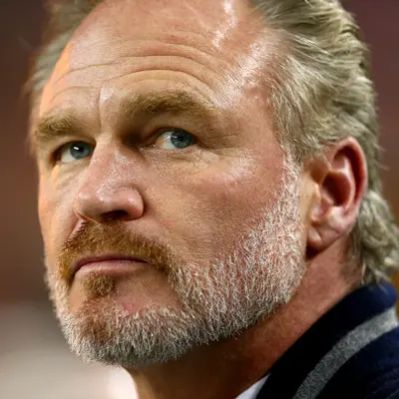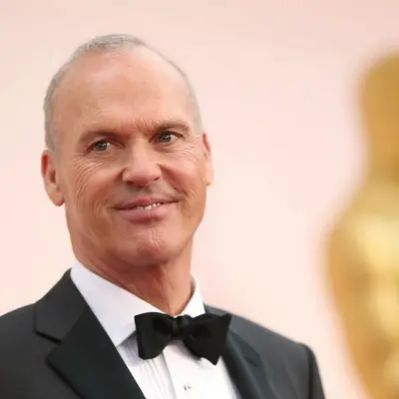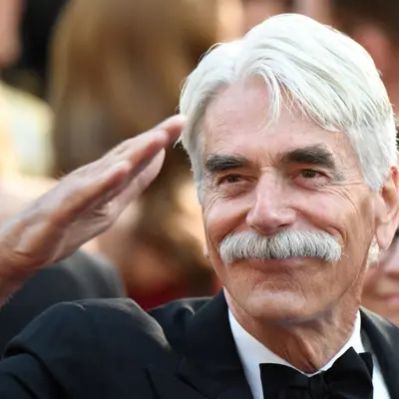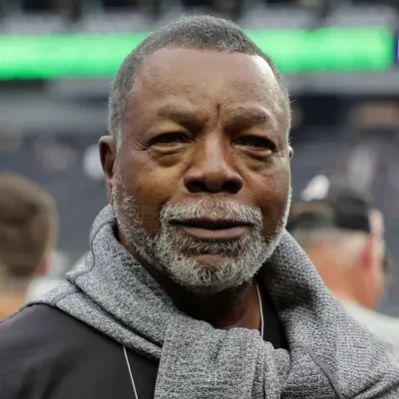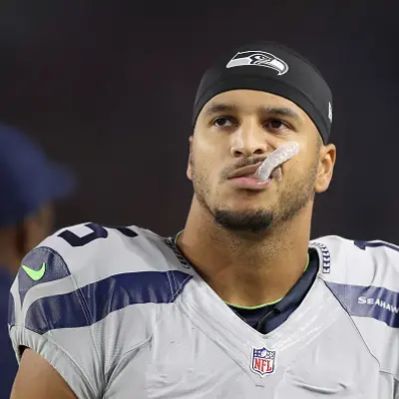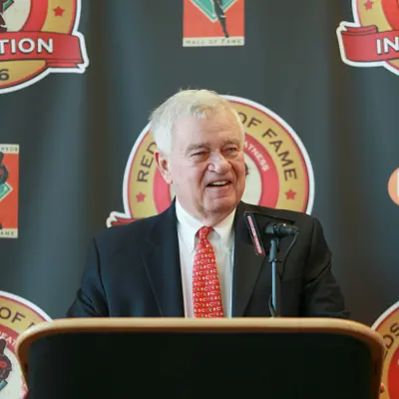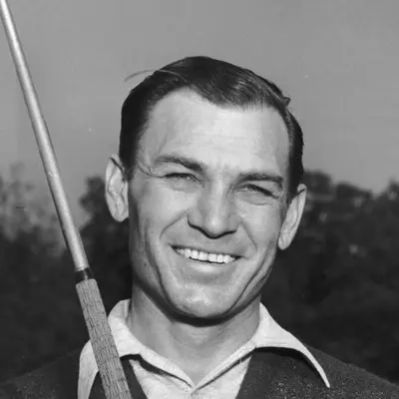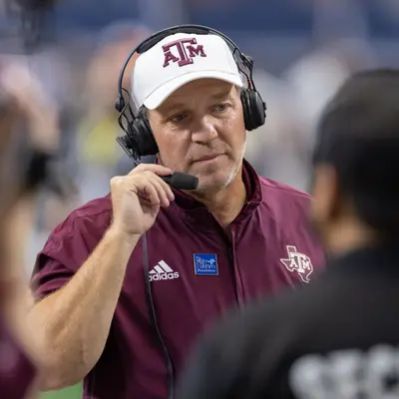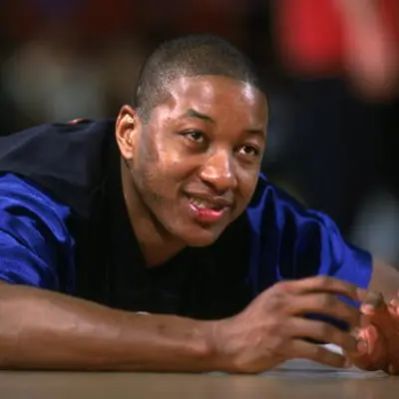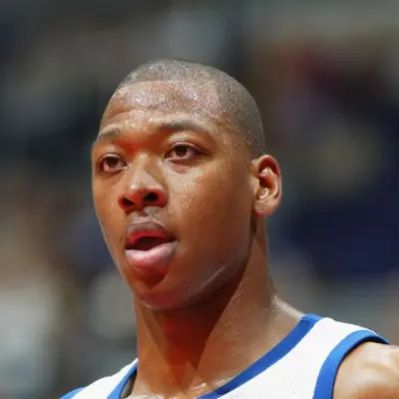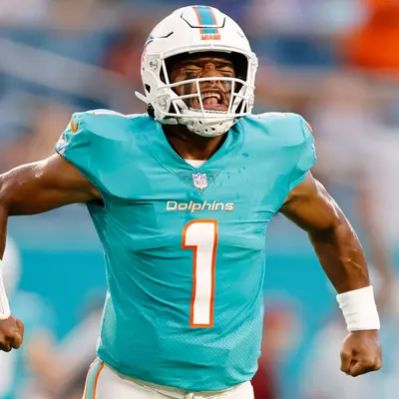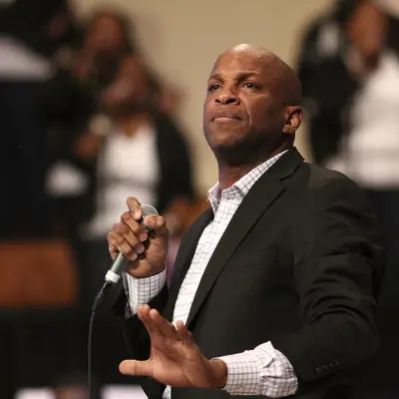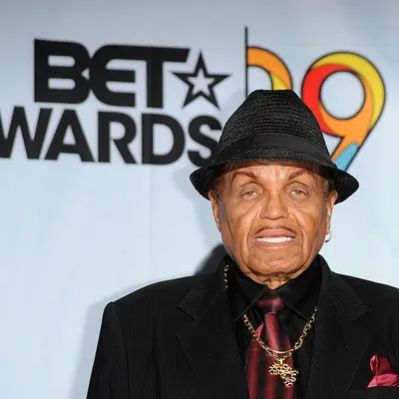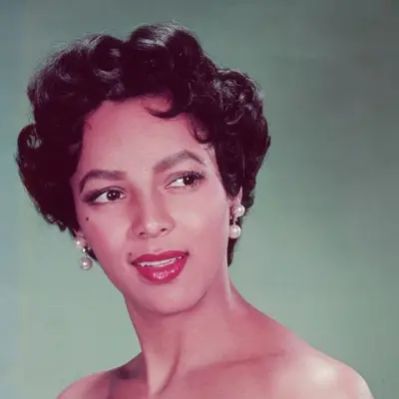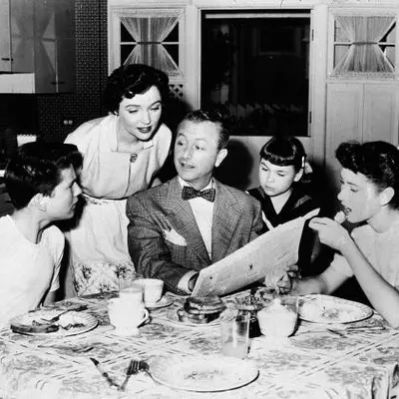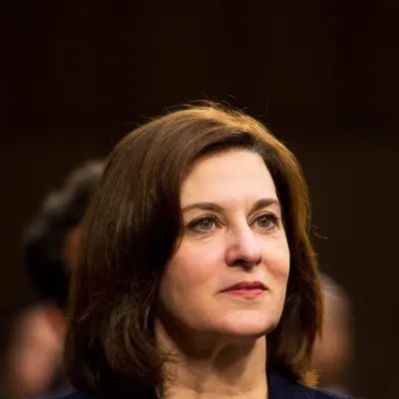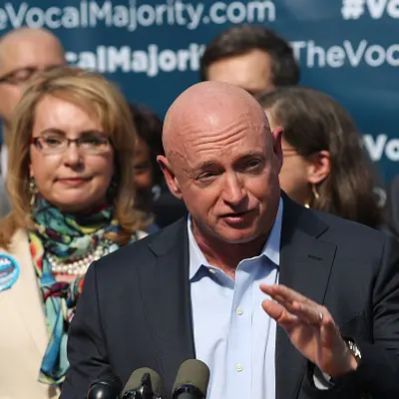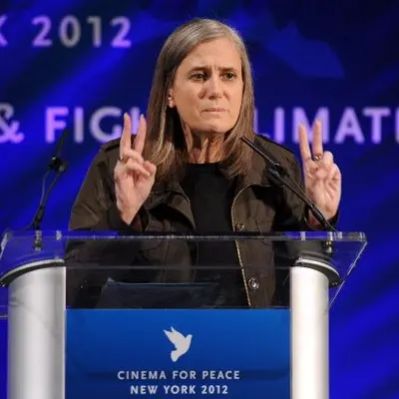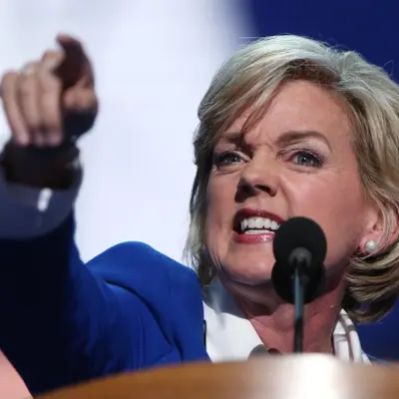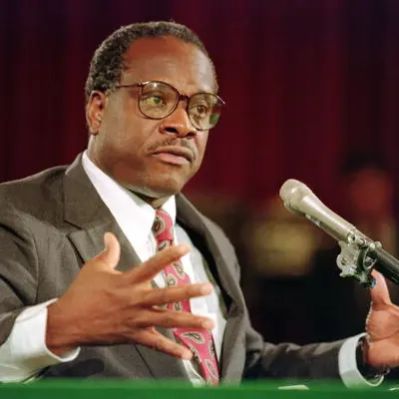What Is Brian Bosworth’s Net Worth?
Brian Bosworth, also known as “The Boz,” has accumulated a net worth of $8 million. This figure primarily stems from his brief but impactful NFL career, subsequent acting roles, and other ventures. His early contract with the Seattle Seahawks significantly contributed to this wealth, along with a substantial insurance settlement following his career-ending injury.
Early Career and Contract Details
Bosworth’s professional football career, though short-lived, played a pivotal role in establishing his financial foundation. In 1987, he signed a landmark 10-year contract with the Seattle Seahawks worth $11 million. At the time, this was the largest rookie contract in NFL history, reflecting the high expectations surrounding his potential. The contract included various performance-based incentives, though specific details of these incentives are not publicly available. However, even though his career was cut short, the initial payments from this contract provided a solid financial base.
After his premature retirement due to a severe shoulder injury, Bosworth received a $7 million settlement from an NFL insurance policy. This sum, notably tax-free, significantly bolstered his finances. Adjusted for inflation, this $7 million would be equivalent to approximately $11.5 million today, providing a substantial safety net and allowing him to pursue other career opportunities.
Post-NFL Ventures and Earnings
Following his retirement from the NFL, Brian Bosworth transitioned into acting and various entrepreneurial endeavors. His acting career includes appearances in films such as “The Longest Yard,” where he played a supporting role. While specific salary details for his acting roles are not publicly disclosed, his appearances in these films contributed to his overall income. Additionally, in 2014, ESPN aired a documentary about his life titled “Brian and the Boz,” which likely generated revenue through licensing and distribution deals, further adding to his net worth.
Bosworth also demonstrated entrepreneurial acumen by establishing a company that sold t-shirts mocking himself. One notable example was the “Ban the Boz” t-shirts, which were sold for $15 each. After criticizing Denver’s quarterback, the shirts became a popular item, with approximately 10,000 fans purchasing them. This venture provided a considerable income stream, capitalizing on his public persona and ability to generate controversy. While the exact profit margin from this venture is unknown, the sales volume suggests it was a successful endeavor.
Other Ventures and Assets
Beyond his acting and merchandise ventures, Bosworth’s assets also include earnings from his autobiography, “The Boz.” Published after his retirement, the book provided insights into his football career and personal life. The book’s sales, combined with potential royalties and speaking engagements, likely contributed to his overall financial standing. Specific details about the book’s sales figures and related earnings are not publicly available, but autobiographies of well-known athletes often generate substantial income.
Details regarding Bosworth’s real estate holdings, personal investments, and other assets are not publicly accessible. However, it is reasonable to assume that he has made investments in various assets over the years, contributing to the growth of his net worth. Without concrete details, it is speculative to provide specific figures or compositions of these investments.
In summary, Brian Bosworth’s $8 million net worth is the result of his NFL earnings, insurance settlement, acting career, and entrepreneurial ventures. His ability to capitalize on his public image and transition into new fields has allowed him to maintain a comfortable financial position despite his brief football career.
Details on College Football Career
Brian Bosworth’s college football career at the University of Oklahoma was marked by both athletic achievement and controversy. He played as a linebacker for the Oklahoma Sooners, quickly gaining recognition as one of the best tacklers in college football. Bosworth was a two-time winner of the Butkus Award, an honor given to the nation’s top college linebacker. He received the award in both 1985 and 1986, solidifying his reputation as a dominant force on the field. These accolades not only brought prestige but also enhanced his marketability, setting the stage for his lucrative NFL contract.
During his time at Oklahoma, Bosworth was also a vocal critic of the NCAA. His outspokenness and unconventional hairstyles made him a polarizing figure. In one notable incident, he wore a t-shirt with the slogan “NCAA: National Communists Against Athletes,” which led to his dismissal from the team. This incident, coupled with a failed drug test that revealed steroid use, further added to his controversial image. Despite these controversies, Bosworth’s talent and accomplishments on the field remained undeniable.
Bosworth’s early graduation, a year ahead of schedule, allowed him to enter the NFL supplemental draft, giving him a unique advantage. This accelerated timeline enabled him to negotiate his professional contract earlier than many of his peers, contributing to the record-setting deal he eventually secured with the Seattle Seahawks. His academic achievements, combined with his athletic prowess, positioned him favorably for a successful transition to the NFL.
Specifics of NFL Career and Impact
Brian Bosworth’s NFL career with the Seattle Seahawks, though brief, left a lasting impact. He joined the team in 1987 after signing a 10-year contract worth $11 million, which was unprecedented for a rookie at the time. Despite initial excitement, his time on the field was limited to just two seasons due to a career-ending shoulder injury.
Bosworth’s shoulder injury was so severe that team doctors described his shoulders as being similar to those of a man in his 60s. This debilitating condition forced him into early retirement, preventing him from fulfilling the full potential of his lucrative contract. The injury not only ended his football career but also significantly altered his career trajectory and financial prospects.
During his short tenure with the Seahawks, Bosworth made a notable impression through his flamboyant personality and trash-talking abilities. His self-promotion extended to selling merchandise with slogans mocking himself, such as the “Ban the Boz” t-shirts. These marketing efforts, while controversial, helped to build his brand and generate additional income. Although his time in the NFL was brief, his impact on the league and its fans was undeniable, contributing to his lasting legacy and subsequent ventures.
Details on Brian Bosworth’s Early Life and Background
Brian Bosworth was born in Oklahoma City on March 9, 1965. His early life was marked by a strained relationship with his father. Bosworth has openly discussed how he felt that no matter what he did, it was never good enough to satisfy his father’s expectations. This emotional dynamic played a significant role in shaping his personality and drive for success. Specific details about his family’s financial background during his childhood are not publicly available, but his upbringing in Oklahoma City provided the foundation for his future athletic achievements.
Bosworth’s initial athletic pursuits began in high school, where he excelled in football. His high school performance garnered attention from college scouts, leading to his recruitment by the University of Oklahoma. While specific details about his high school statistics and achievements are not readily accessible, his recruitment by a major college program like Oklahoma indicates his exceptional talent and potential. The transition from high school to college football marked a pivotal point in his life, setting the stage for his rise to prominence and subsequent NFL career.
The Boz’s Net Worth
Brian “The Boz” Bosworth’s current net worth of $8 million reflects a combination of factors, including his NFL earnings, insurance settlement, acting career, and entrepreneurial ventures. Although his football career was cut short, the financial decisions he made following his retirement have allowed him to maintain a comfortable lifestyle. The tax-free insurance settlement, in particular, played a crucial role in securing his financial future. While specific details about his current investments and assets are not publicly available, it is clear that Bosworth has successfully leveraged his fame and talents to build a diverse portfolio of income streams. His story serves as an example of how athletes can transition into new careers and maintain financial stability after leaving professional sports.
 Net Worth Ranker
Net Worth Ranker
